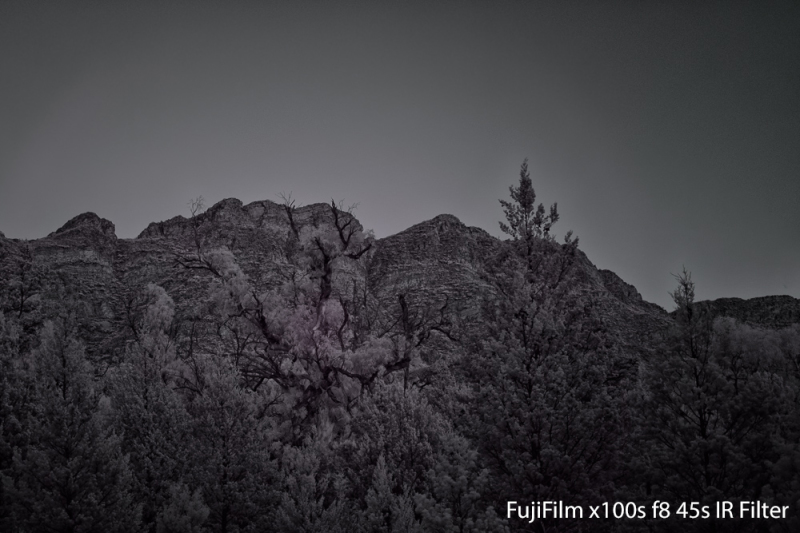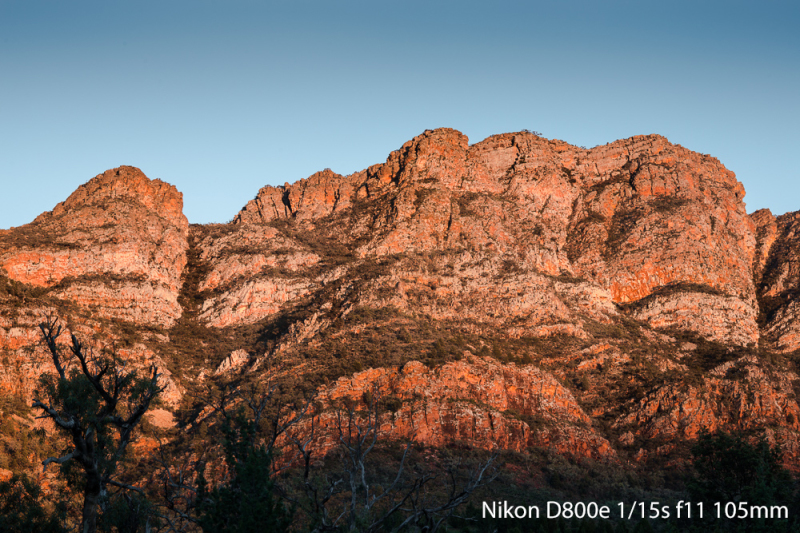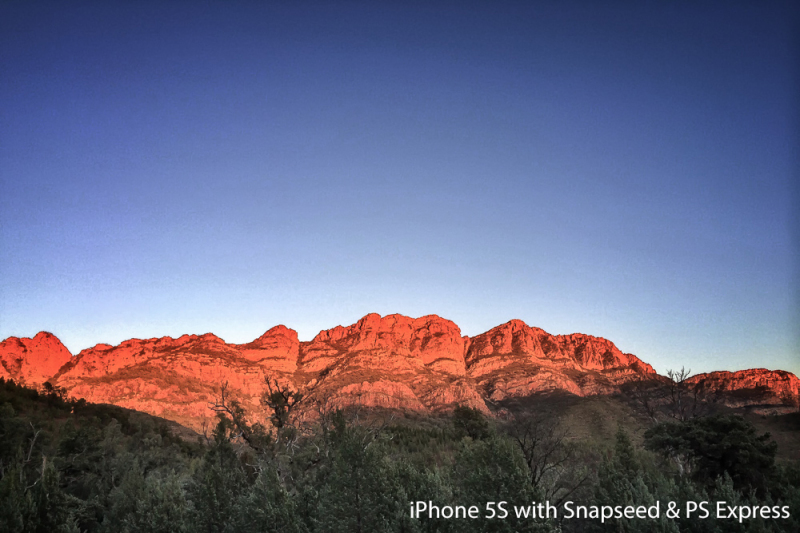Cameras Are Not Machines – They Are Artistic Instruments
Photographers could learn more about their craft if they treated their cameras the way musicians treat their instruments
Having come to photography after a lifetime of making music, I’m always fascinated by the way photographers think about their main creative tool – the camera.
Reading reviews, scanning forums, checking tweets and talking with photographers, I’ve always been struck by the obsession with technical minutiae; from megapixel counts, to perceived sharpness, distortions and aberrations and even the texture of the “bokeh.”
The camera’s technology does matter. But, when I compare the way photographers approach buying a camera with the way musicians approach buying an instrument, the differences are stark, mystifying and quite possibly revealing.
On Buying A Musical Instrument
When I shop for guitars things always start with looking the instrument over and observing any limitations. Notice I said observing. It’s good if an instrument plays in tune, doesn’t buzz, or have any damage. But, it’s not essential.
What really matters is the music you can make. Buying a guitar is a little like dating; you are trying to figure out if you can have a relationship with the instrument. Actually, you are trying to figure out what sort of music you can make with this particular guitar.
If the guitar has sufficient character and you are receptive enough as a musician, then the instrument will suggest to you what music to play. Some guitars just beg you to play blues, or rock, or jazz.
And, sometimes this character is connected directly to the guitar’s limitations and maybe even its faults!
It’s not about buying the best guitar on the market, it’s about buying the guitar that’s best suited to the music you make. Same is true for every other piece of kit, from amplifiers, to cables to effects. It is about creating your tone.
In fact, guitarists are often fond of saying “tone is in the fingers,” which really means your musical character will always come through. Even if you use someone else’s guitar, the sound of that guitar, in your hands, will not be the same as the sound of that guitar in someone else’s hands.
My Classical Guitar
I started out playing nylon stringed classical guitars and I have one in my studio today. If I compared this instrument to the best classical guitars I’d be forced to admit mine is, maybe not a piece of junk, but certainly not something any real classical guitarist would want to find themselves holding on stage.
But, my classical guitar doesn’t fill that role. I need it to fill a certain role in my recordings. It’s a background instrument and I don’t need it to have a big concert sound – I need it to have a crisp, light sound as a background instrument. That’s its musical purpose for me.
And, when I scan my rack of guitars (13 at present in my studio) each one has a different personality, suggests its own set of musical possibilities and feels perfectly adept to functioning in a unique way in musical compositions.
Buying Cameras As If They Were Instruments
The way photographers buy cameras often looks more like the way web designers buy computers than the way musicians buy instruments. Some might say that accurately reflects the way technology frames what is possible photographically. But, I don’t see photography that way at all.
To me photography is a lot more than just pointing a computer at the world.
That’s why I was fascinated by Zack Arias’ post today on camera technology. Zack laid out the technical issues involved in comparing camera formats in a very thought-provoking way.
On Lugging Two Very Different Cameras
On my recent trips, especially Rajasthan and Outback Australia, I’ve been carrying a FujiFilm x100s and a Nikon D800e. These two cameras look and feel different and I find myself making slightly different images with each.

They beckon me in different directions. They make me look at the same thing in different ways (all three images in this post are of the same mountain range, on the same morning).
The x100s calls me toward making B&W and Infra-Red images, it pushes me to compositional extremes, between the dense and the starkly open and if anything, it encourages me to express my sense of humour.
The D800e asks me to make HDR images, explore subtler shades of colour, look towards the light in a more thoughtful way and whispers that I should look a little longer into the eyes of the people whose portraits I make.

Am I exaggerating for effect? OK, a little. But, taking these two cameras as a pair does seem to create complementary images that I’m not sure I would make with the same models of camera and just using different lenses.
Another Example – iPhoneography
A lot of my favourite images from the past few years have been made with an iPhone. I love how direct the experience of making an image is – the point and shoot-y-ness of it. But, I also love how quickly things move from making the image to processing it.

It’s one creative flow – from seeing a possible image to shipping a created image (to Instagram or whatever).
At no point am I making any conscious technical decisions. It’s the closest I’ve come, photographically, to the feeling of recording a great guitar part to tape, the wonderful feeling of capturing something artistic that is ready to share.
Buying Photographic Instruments
So, I’d ask you, the next time you are looking to buy a camera, maybe put down the magazines and switch off the internet for a while. Instead, think about how your favourite cameras make you feel when you use them. Imagine yourself photographing with creative freedom, imagine the camera in your hands the way a guitar, saxophone or violin rests and works in the hands of a master musician.
Yes, you are buying a piece of technology and yes, the technology matters. But, more than technology, you are buying an instrument for artistic and creative expression, a tool for speaking to the world through your images.




